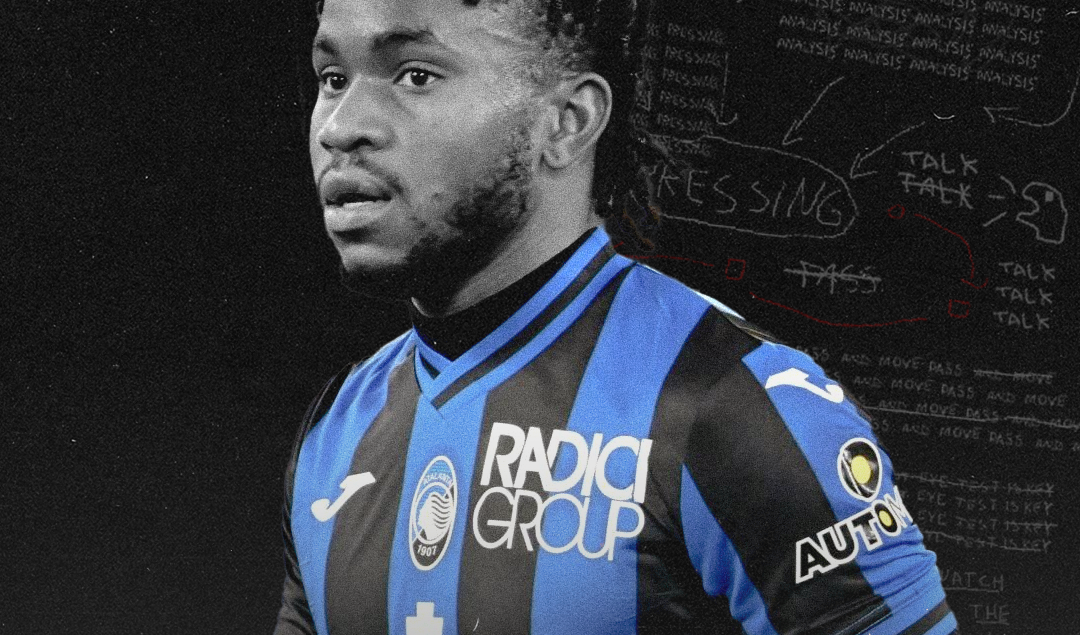Atalanta – The Football Renaissance under Coach Gasperini
Those who remember Serie A from the 1990s, when it was the best football league in the world, won’t be able to recall any particular success by Atalanta from Bergamo. The Italian football league was so powerful – in simple terms, cubs had a lot of money, they had newly-built or revamped stadiums for the 1990 World Cup, and attracted the biggest stars – that financially stable yet small clubs such as Atalanta were typically in the middle of the standings.
Their host town Bergamo is close to Milan, so most of the region roots either for Internationale (yes, you can hear Jamie Carragher pronouncing this) or AC Milan.
Nevertheless, the period of constant progress Atalanta BC has been experiencing since 2016 is most probably the best time in the club’s history. The forthcoming Round of 16 duels against Clube Brugge is another opportunity for La Dea to push a new frontier in their international appearance. The best sportsbooks for odds & bonuses are giving Gasperini and company higher chances of passing to the Round of 8, with most of them placing Atalanta in the 9th and 10th position of the potential winners of this year’s Champions League. These sites also offer competitive odds and generous bonuses, as pointed out by Brett Curtis. After winning the UEFA Europa League last season, this is yet another incremental movement towards further international success.
And it isn’t only the international success that’s driving the Atalanta powertrain. At this moment, they’re in the third position in Serie A, only five points behind the leader Napoli, and four points short of the second-place Inter. In the latest match they played in this competition, Atalanta beat Hellas Verona 5:0, and Atalanta’s top scorer this year Mateo Retegui hit the net four times in this win; Verona was the host team, just for the record. Speaking of scorers, it’s important to highlight that Retegui is the Serie A scorer-board leader, with 15 goals, but another Atalanta forward, Ademola Lookman, is the fourth-best scorer in Serie A so far this season, with 10 scored goals. You don’t often see two attackers from the same team scoring that many goals in the same season.
This leads us to Mr Gian Piero Gasperini, born in in Turin in 1958. An average player in the 1970s and 1980s, Gasperini became a youth sector coach at Juventus in 1994, having worked at this football school until 2003. It was probably the best team of Juventus of all time, with the likes of Del Piero, Ravanelli, Toriccelli, Tachinardi, and many other notable players.
In 2003, he became the coach of Crotone – a minor Italian football club. He didn’t stay long there and didn’t have any particular success. He did coach Genoa in the 2006-2010 interval, keeping it in the middle of the Serie A table, while even finishing in the fight place in the 2008-2009 season.
In 2011, he took over Inter Milan but only for a short time, then moved to Palermo with no particular results, only to get back to Genoa in his second stint (2013-2016). Now we get to 2016 when Gasperini became the head coach of Atalanta BC. Since that year to this day, this football club has been improving its strategy, gameplay, style, and results. Of course, when you have good results, the budget also grows. Speaking of which, Atalanta isn’t among the top-spending Italian clubs when it comes to players’ salaries. As a matter of fact, they come eighth, with the total annual amount paid for players’ and coaches’ salaries below EUR 60 million. Just for the record, the first three teams – Inter, Juventus, and Milan – spend about EUR 140, 115, and 100 million, respectively, on their players’ payments.
But what’s the catch? How can this team keep up with the financial and brand giants, both nationally and internationally? The answer is simple: Gasperini’s unique approach to gradually building a firm squad made of their own forces from the youth school and carefully chosen international talents. This coach got his place in the spotlight in his 60s, after patiently gathering the knowledge of the local football arena. Also, his training experience from the Juventus youth school probably fell on the fertile ground at the Stadio Atleti Azzurri d’Italia, i.e., Stadio de Bergamo.
Backed by a loyal local community of devoted fans and rationally managed by the Percassi family, Atalanta remains one of the most beautiful football stories in Europe in the last few years. They’ve proved it’s possible to compete with clubs that spend hundreds of millions of dollars on expensive players. It takes some patience, a lot of hard work, and a fair share of methodological attitude to everything you do. Let’s hope this fairy tale continues and that we’ll see some other clubs similar to Atalanta jumping on their bandwagon, writing stories for which we love football and all the excitement it brings.

